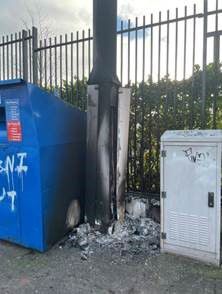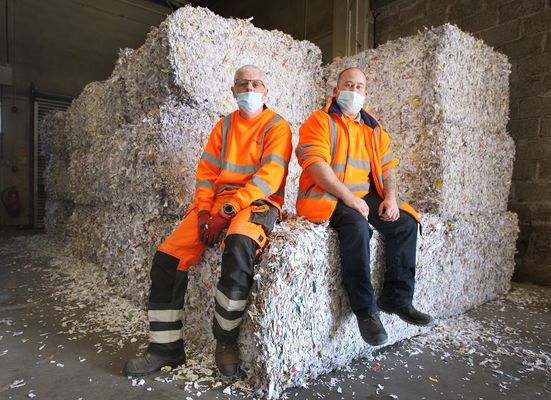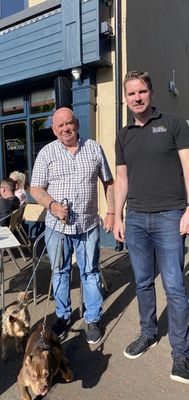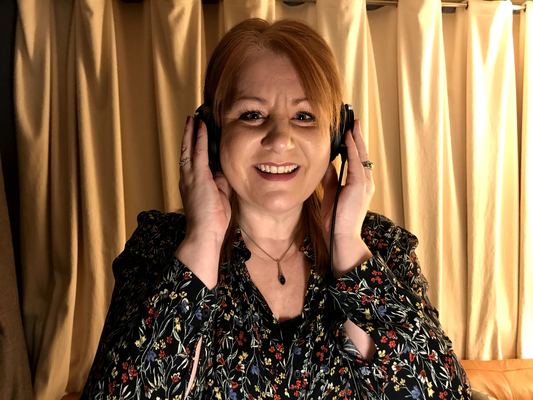AN O2 mast that was set alight on the Falls Road last week left surrounding businesses and residents temporarily without coverage.
It’s believed the attack is linked to unfounded conspiracy theories surrounding 5G and Coronavirus. The mast that was attacked, however, provides critical 2G, 3G and 4G connectivity for users near Mica Drive and Beechmount Grove, but not 5G.
Emma Evans, Head of Network Experience at O2, said: “Sadly, a number of customers in West Belfast may be experiencing weakened connectivity following an attack that took place on a mast in the Falls Road area.
“This mast connects local residents and businesses to our 2G, 3G and 4G networks, which work together to keep the country connected, support the economy, help vulnerable people reach loved ones and allow essential services and providers to respond to those in need.
“These attacks on important network infrastructure represent criminal damage and are putting the community at risk. The conspiracy theories are not based on any recognised science or logic, and we are working with police to find the perpetrators. They harm the ability of vulnerable people to keep in touch with loved ones and prevent emergency services from effectively responding to those in need.”
Over the past year, over 40 per cent of all mast attack incidents were within two kilometres of an emergency service, such as a hospital, fire station or police station.
In this case, the site that was attacked is situated just over 300m from the Royal Belfast Hospital for Sick Children and around 500m from the Royal Victoria Hospital – nearby cell sites are still online to provide connectivity, but some customers at these emergency services may be impacted.
Over the past 12 months, the spread of 5G conspiracy theories has led to a number of attacks on masts which have affected non-5G networks. To date, no adverse health effects from 5G have been established.








